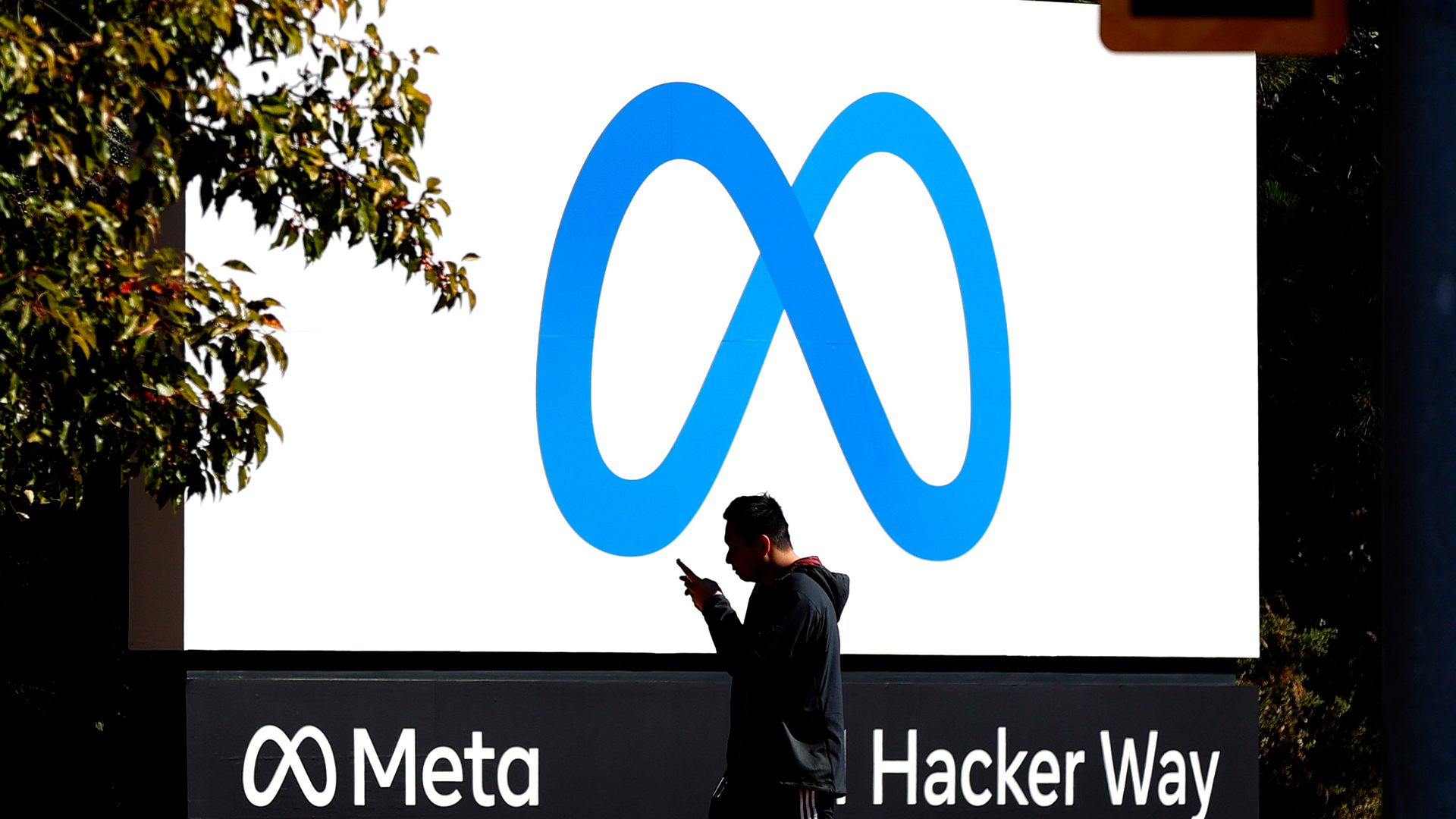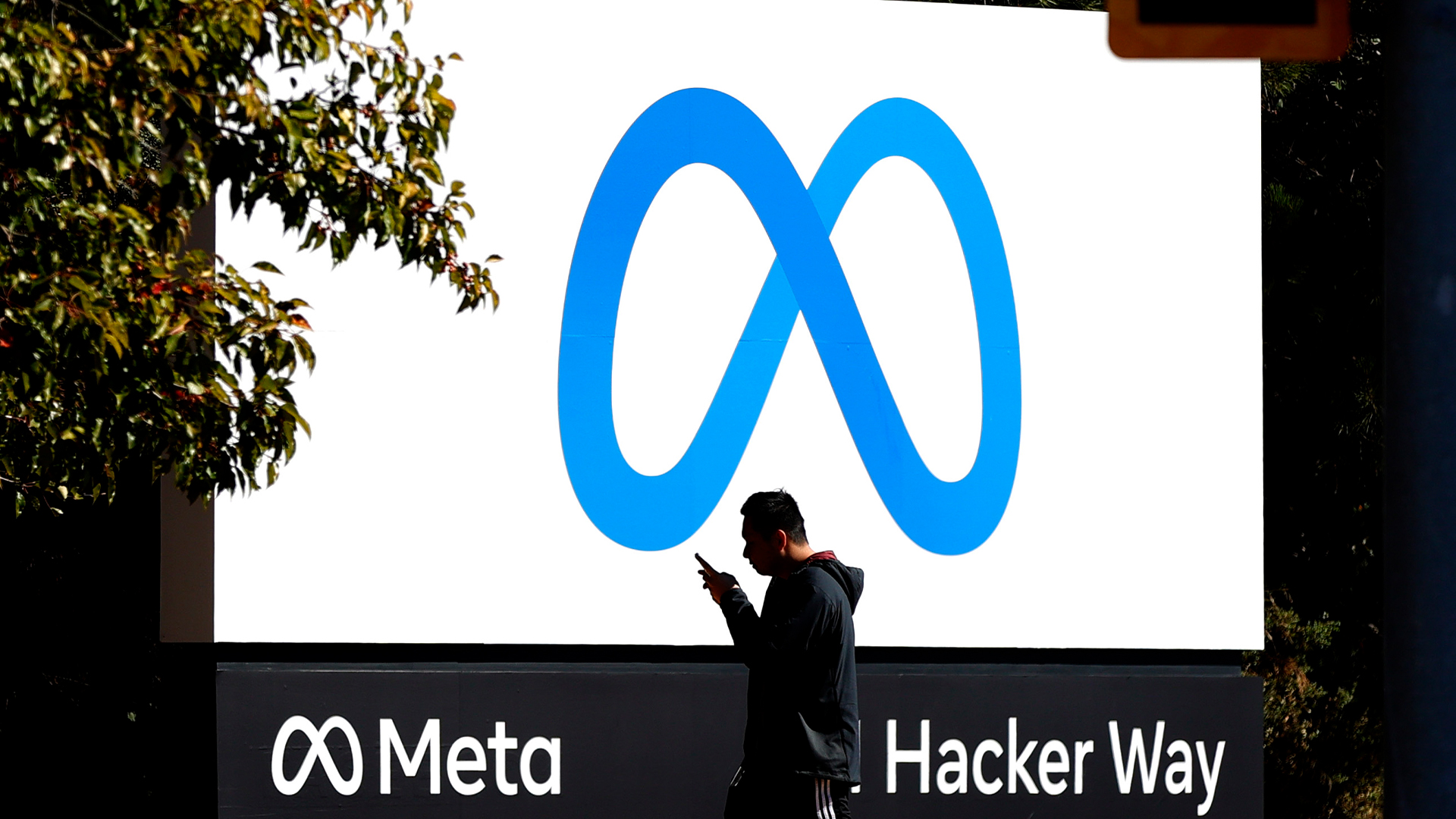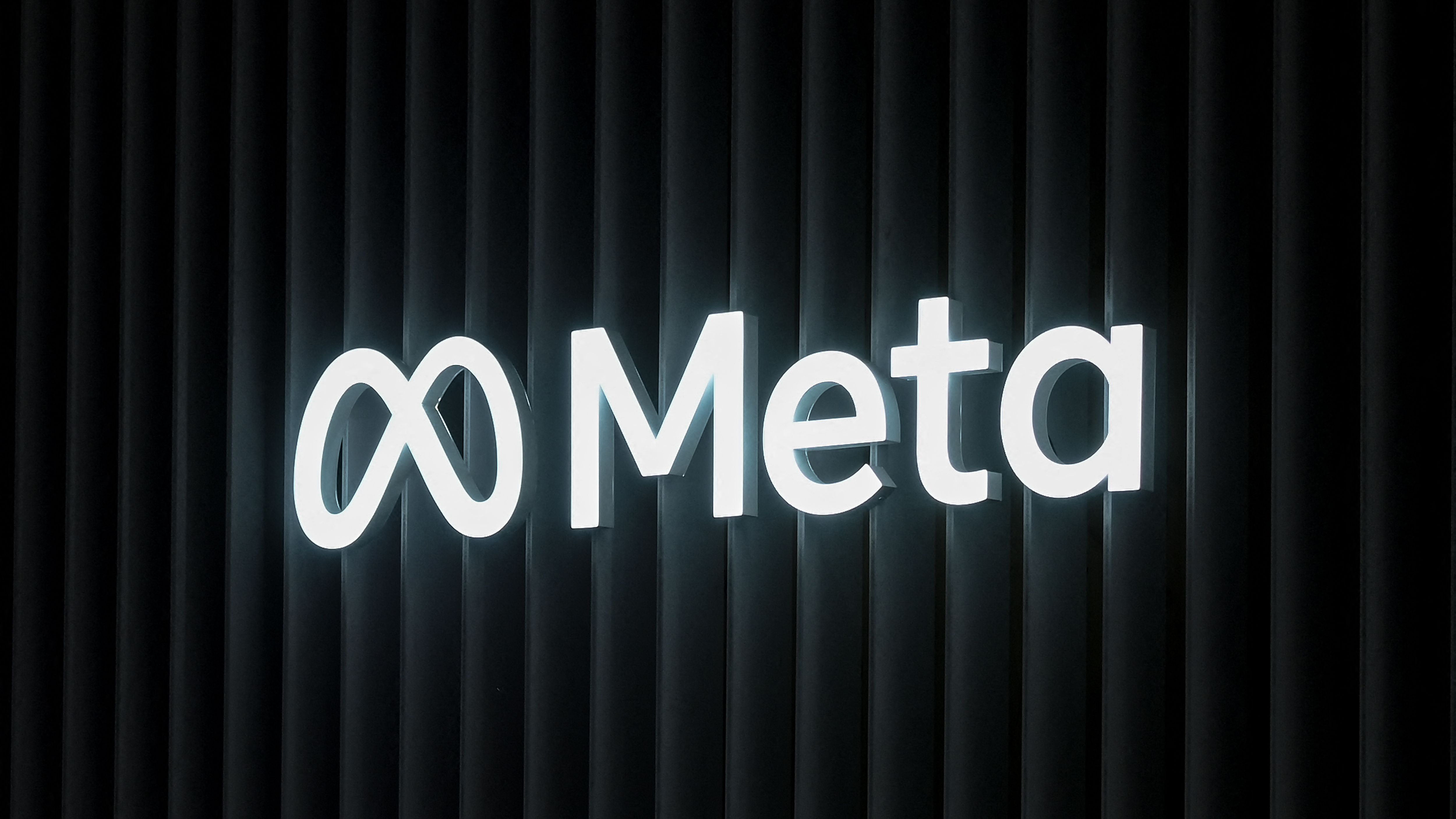Why Meta could face a hefty EU fine over its 'pay or consent' ad model
The European Commission said Meta is failing to offer users a valid option for equivalent services that doesn't involve tracking and targeting


The European Commission has told Meta its ‘pay or consent’ model for personalized ads is in breach of the Digital Markets Act (DMA).
Under the DMA, users should be given a choice on whether their data can be collected and used for targeted ads.
Since November last year, the company has attempted to claim it is compliant by offering Facebook and Instagram users in the EU the choice of agreeing to accept tracking and targeting, or of paying a monthly subscription for an ad-free version of the platforms.
However, following an investigation, the Commission said its preliminary view is that giving users this binary choice forces them to accept the data collection, by failing to give them an equivalent service if they decline.
"Today we make another important step to ensure full compliance with the DMA by Meta. Our preliminary view is that Meta’s Pay or Consent business model is in breach of the DMA," said Thierry Breton, commissioner for internal market.
"The DMA is there to give back to the users the power to decide how their data is used and ensure innovative companies can compete on equal footing with tech giants on data access."
Meta has been classified under the DMA as one of a number of 'gatekeepers', meaning it’s subject to more stringent rules. These gatekeepers, according to the Commission, have been able to impose terms of services on their user base that allows them to collect vast amounts of personal data.
Sign up today and you will receive a free copy of our Future Focus 2025 report - the leading guidance on AI, cybersecurity and other IT challenges as per 700+ senior executives
This has given them potential advantages compared to competitors, making it hard to compete in terms of providing online advertising and social network services.
As such, firms such as Meta are required to gain users' consent for combining their personal data between designated core platform services and other services; and if a user refuses consent, they should have access to a less personalized but equivalent alternative.
Gatekeepers can't make use of the service or certain functionalities conditional on users' consent.
Meta's policy, the Commission said, fails to allow users to opt for a service that uses less of their personal data but is otherwise equivalent to the personalized ads-based service. Nor does it give users a free choice when it comes to consenting to the combination of their personal data.
RELATED WHITEPAPER

"Our investigation aims to ensure contestability in markets where gatekeepers like Meta have been accumulating personal data of millions of EU citizens over many years," said Margrethe Vestager, executive vice-president in charge of competition policy.
"We want to empower citizens to be able to take control over their own data and choose a less personalized ads experience."
Meta ruling has been welcomed by industry stakeholders
The Commission's verdict has been welcomed by the European Consumer Organisation (BEUC), which late last year submitted a formal complaint to European consumer protection authorities.
"It’s good news that the Commission is taking enforcement action based on the Digital Markets Act against Meta’s pay-or-consent model," said BEUC director general Agustin Reyna.
"It comes on top of the complaints against Meta’s model for breaches of consumer law and data protection law which consumer organizations have raised in the last few months. We now urge Meta to comply with laws meant to protect consumers."
Meta can now reply to the findings, and the Commission is expected to complete its investigation by the end of March next year.
If the preliminary view is confirmed, the company could, in theory, be subject to fines up to 10% of the company's total worldwide turnover - or even 20% in the case of repeated infringement.
Emma Woollacott is a freelance journalist writing for publications including the BBC, Private Eye, Forbes, Raconteur and specialist technology titles.
-
 Cyber resilience in the UK: learning to take the punches
Cyber resilience in the UK: learning to take the punchesColumn UK law now puts resilience at the centre of cybersecurity strategies – but is legislation simply catching up with enterprise understanding that resilience is more than just an IT issue?
-
 CISPE claims European Commission gave Broadcom a ‘blank cheque to raise prices, lock-in, and squeeze customers’ with VMware deal
CISPE claims European Commission gave Broadcom a ‘blank cheque to raise prices, lock-in, and squeeze customers’ with VMware dealNews Cloud providers have issued a formal response to the General Court of the European Union after the Commission defended its approval of the deal
-
 Meta delays plans to train AI using European user data
Meta delays plans to train AI using European user dataNews Meta won't continue with plans to train AI models using European user data following backlash from privacy groups
-
 Firms have paid out more than $4.8 billion in GDPR fines since 2018
Firms have paid out more than $4.8 billion in GDPR fines since 2018News Tech giants headquartered in Ireland attract the biggest GDPR fines
-
 Meta faces $100,000 daily fine for harvesting user data to power ads
Meta faces $100,000 daily fine for harvesting user data to power adsNews The Norwegian data protection authority’s ruling could set a precedent for other regulators
-
 Meta to fight “unjustified” record $1.3 billion GDPR fine
Meta to fight “unjustified” record $1.3 billion GDPR fineNews The company has been ordered to cease EU-US data transfers
